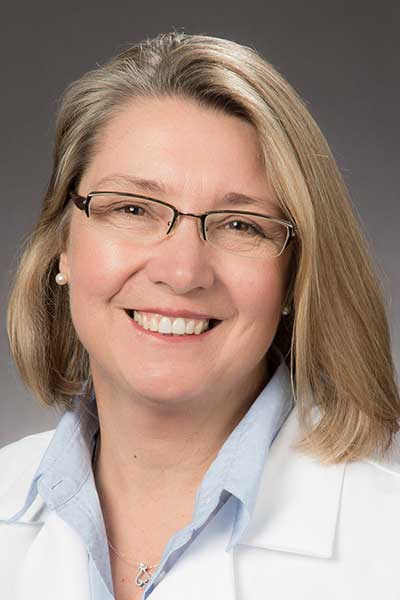
Antigen-specific therapies enable manipulation of the immune response that targets the pathogenic processes and affected organs in autoimmunity while sparing the remainder of the immune response. Multiple approaches are being developed to target antigens to achieve tolerance in autoimmunity.
During this year’s Hench Memorial Lecture on Monday, Nov. 13, from 12–1 p.m. PT in Room 11 A–B of the San Diego Convention Center, Jane Buckner, MD, will examine the efficacy and limitations of various antigen-specific therapies. “Antigen-Specific Therapy: Is It the Holy Grail for Autoimmunity?” will be available on demand within 24 hours of the session for registered ACR Convergence 2023 participants.
Researchers have tested several approaches to antigen-specific therapies, including deleting autoreactive B cells or T cells.
“We certainly can do that with an untargeted method, but the goal is to do so in a precise, targeted way,” explained Dr. Buckner, President of the Benaroya Research Institute at Virginia Mason (BRI), and Affiliate Professor of Immunology and Affiliate Professor of Medicine, Division of Rheumatology, University of Washington.
Investigators have also explored the use of nanoparticles to increase the tolerance of autoreactive cells in order to instill specific responses, creating an active form of regulation with regulatory T cells, and using cytokine therapies to repair the defects that lead to impaired tolerance.
Dr. Buckner will also discuss where these therapies will be targeted, how specific tissues might be targeted, and how to get those therapies to the site of the inflammation.
Antigen-specific therapy provides exciting potential for precision medicine without deleterious effects on patients, but according to Dr. Buckner, researchers must first answer challenging questions to develop these treatments.
The first challenge is identifying the correct antigen-specific immune cells to target. Dr. Buckner explained that, in recent years, improved methods have allowed scientists to identify the rare antigen-specific cells most likely to be pathogenic in many diseases.
Another question researchers must answer is whether there is one pathogenic target or multiple targets based on the disease being studied.
“We know that during autoimmunity, the number of self-antigens targeted by pathogenic cells multiply, a phenomenon known as epitope spreading,” Dr. Buckner said. “So, we need to address how to deal with this problem as we move to create antigen-specific therapies too.”
There’s also the question of what causes these autoimmune responses in the first place.
“Even if we delete all those pathogenic cells, will they just come back? In a perfect world, these therapies will not only target the pathology of the disease but also ensure it doesn’t return,” Dr. Buckner explained.
To achieve this, researchers must identify the point of disease progression where the therapies would work most effectively.
“This is a direction that we haven’t fully explored yet in treating autoimmune diseases,” Dr. Buckner said. “I think we’re all realizing that we need to study novel approaches as well as our ‘tried and true’ methods.”

Registered ACR Convergence 2024 Participants:
Watch the Replay
Select ACR Convergence 2024 scientific sessions are available to registered participants for on-demand viewing through October 10, 2025. Log in to the meeting website to continue your ACR Convergence experience.
